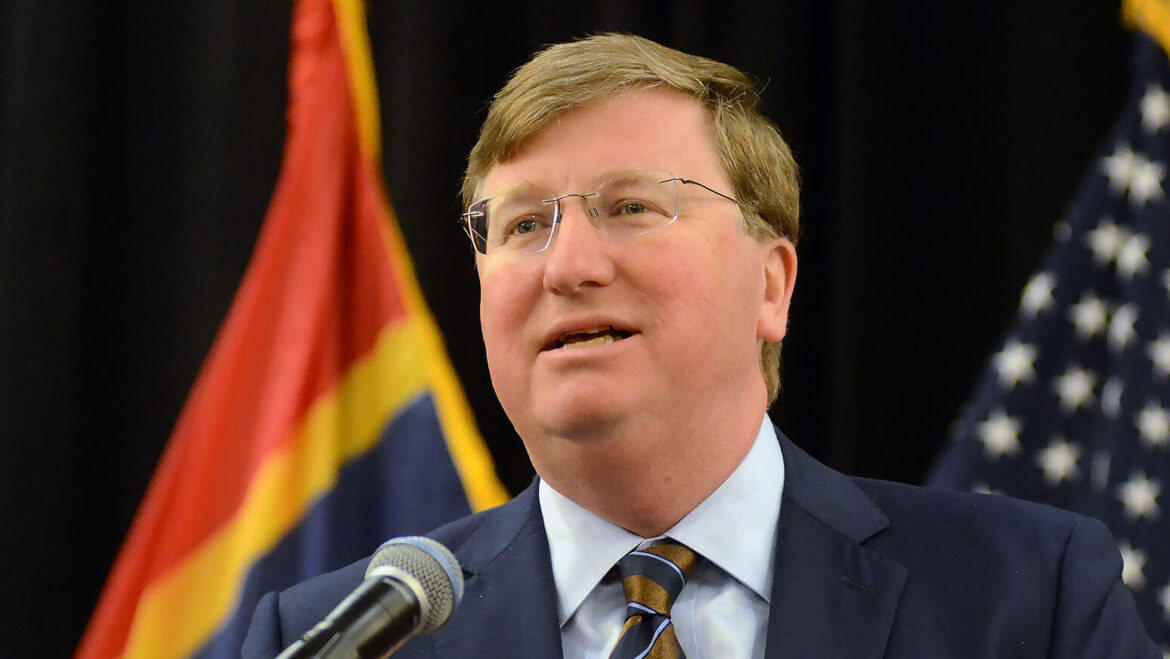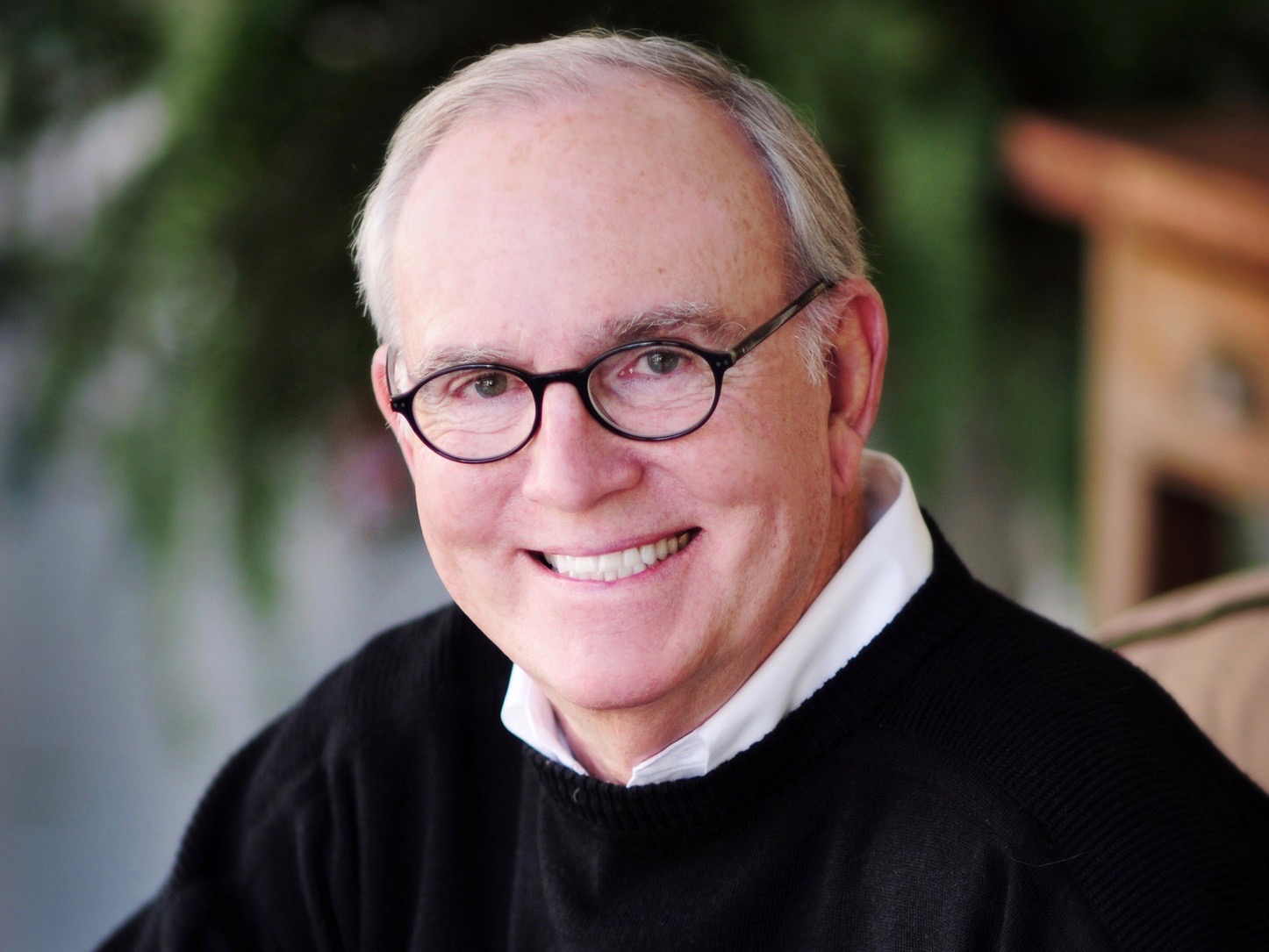Tag: Mississippi Public Broadcasting
Mississippi Senate rejects governor’s pick for public broadcasting board
At a press conference Thursday, Gov. Tate Reeves said the decision represented an unfair attack on Cory Custer, his deputy chief of ...Journalism initiative aims to re-energize local coverage around the country
Three public broadcasters and the nonprofit newsroom Mississippi Today will host reporters from the program's inaugural class.With new MPB offering, donors can support pubmedia through credit, debit purchases
Mississippi Public Broadcasting is the first public media organization to work with Softgiving, a financial technology company that lets donors round up ...As spectrum auction winds down, some public TV stations must plan moves to new channels
State networks in Maryland and Mississippi are among those facing big engineering projects.With growing emphasis on social media, MPB requires more staff to adhere to ethics code
As a state-owned public broadcasting network, MPB has to ensure that its content is impeccably fair and accurate.Public radio provides “lifeline,” direction for renowned lawyer Dickie Scruggs
Listening to public radio while doing time connected Dickie Scruggs to the outside world and his former life.State cuts support to Mississippi Public Broadcasting
State funding made up about 65 percent of MPB’s budget this fiscal year.Two public TV networks decline to air POV documentary After Tiller
At least two public television networks opted not to air this week the POV documentary After Tiller, which profiles four late-term abortion providers and prompted a ...Mississippi boosts state aid to pubcasting after half-decade of cuts
MPR credits successful legislative outreach and a state revenue increase for its nine-percent aid bump.Fresh Air returning to daytime in Mississippi
Fresh Air will air during daytime hours on MPB’s Think Radio network for the first time since 2010, when the network’s then–Executive Director Judith ...MPB fires reporter for leaking Fresh Air memo
There’s one more voice that’s off the air of Mississippi Public Broadcasting following the state network’s cancellation of Fresh Air. Carl Gibson, whose ...MPB listeners, blogosphere want to know: What’s inappropriate about ‘Fresh Air’?
Why did Mississippi Public Broadcasting drop Fresh Air from its radio schedule? The blog “A Unitarian Universalist Minister in the South” set ...





